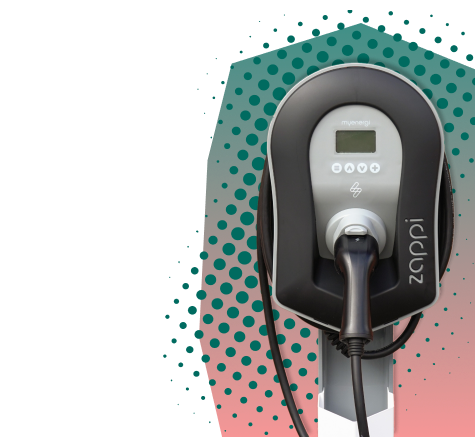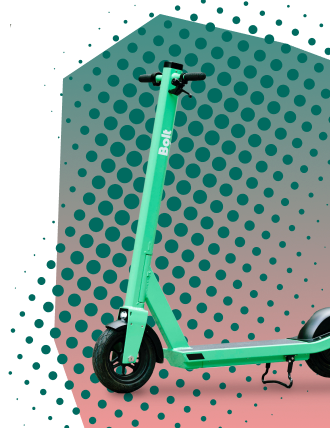How likely is the recession in Europe?
A recession is a period of economic decline characterized by a significant contraction in economic activity, usually measured by a decline in the gross domestic product (GDP). Recessions can have far-reaching effects on the economy, including job losses, reduced consumer spending, and decreased business investment.
According to euronews.com, Europe is set to “narrowly” avoid the recession in 2023, as the inflation eases and gas prices continue to drop again, paving the way for a better-than-expected economic performance. Chief Economists Outlook from World Economic Forum predicts that although Europe might save itself from recession, it will 100% suffer from weak economic growth. The rising costs of living, which definitely had an impact on many individuals are expected to weaken throughout the year, a positive sentiment signaled by the WEF.
But with the economic situation still uncertain, the future seems a bit gloomy for many sectors, including tech. Why? Many sectors will most likely suffer from limited funding and capital injections, in order to save up money, and what we could’ve observed from tech giants across the world, many companies began laying off their workers. But having all of this in mind…how likely is it that the GreenTech sector will suffer as well?
So, will this affect European GreenTechs?
Although it seems a bit doom and gloom, we have good news. Actually, double good news if you think about that. During a recession, governments often seek to stimulate the economy through targeted investments and incentives. One potential avenue for investment during a recession is green technology. Investments in green technology can create jobs and promote economic growth while reducing the economy’s carbon footprint.
So, the first good news is – the capital injection in GreenTech startups doesn’t show a sign of slowing down. In an article with Bloomberg, Mark Cupta, managing director of Prelude Venture said: “There’s still a very robust, potentially recession-proof, segment within climate tech for people who are trying to solve really hard problems.”
Investors recognize that financing these technologies could prevent a more severe and enduring economic impact that would result from a hotter planet, compared to the short-term recession we may be facing. Because these solutions that can help us prevent the consequences of climate disasters are needed now, it appears green technology is in a unique position where the economic downturn might not affect it that much. And it gets even better! Why?
The second good news is – not only is the funding for European GreenTechs not slowing down, but in general it seems that the European SaaS is in a good position. According to TechEU, which quotes research done by Notion Capital, 80% of SaaS founders surveyed by Notion reported little impact from the macroeconomic recession and many said the shrinking economy was creating a renewed focus on SaaS quality over quantity. Because many GreenTechs utilize SaaS solutions to combat climate change, or integrate the hardware and the software side in their solutions, this once again signals a positive sentiment for the industry as a whole. Although in case of economic recession everyone will be affected by it, green technology is set to not receive such a big blow in terms of development, innovation and funding.
Which sectors will most benefit from it?
One potential area for investment is renewable energy sources, such as wind, solar, and geothermal energy. The adoption of these sources can help reduce reliance on fossil fuels and decrease carbon emissions. In addition, investments in renewable energy infrastructure can create jobs in manufacturing, installation, and maintenance.
Another area for investment is energy-efficient buildings. Retrofits and upgrades to existing buildings can improve energy efficiency and reduce energy costs, while new construction can be designed with energy-efficient features from the outset. In addition to reducing energy consumption, these measures can also improve indoor air quality and promote health and well-being.
Sustainable transportation systems are also an area for investment during a recession. The development of public transportation infrastructure and the adoption of electric and hybrid vehicles can reduce reliance on fossil fuels and decrease carbon emissions. In addition, transportation infrastructure investments can create manufacturing, construction, and maintenance jobs.
Conclusion
Overall, a recession can be an opportunity to rethink and reshape the economy by promoting the adoption of green technology. Investments in renewable energy sources, energy-efficient buildings, and sustainable transportation systems can create jobs and promote economic growth while reducing the economy’s carbon footprint. By prioritizing green technology during a recession, governments can help build a more sustainable and resilient economy for the future.
How Storm4 Can Help You
Leaders in global GreenTech recruitment, we are on a mission to help scale businesses at the cutting edge of clean technology to secure a more green tomorrow. Working alongside GreenTech’s in EV, Future Mobility, Energy Storage, Clean Energy, AgTech, Circular Economy, ESG, and more, we have been pivotal in building the key senior hires in these companies to supercharge their operations and make a significant impact on the climate.
If you are looking for a recruitment partner in North America, Europe or APAC, don’t hesitate to get in touch. We are always on the lookout to support more GreenTech’s driving a sustainable future with the very best talent on the market.











